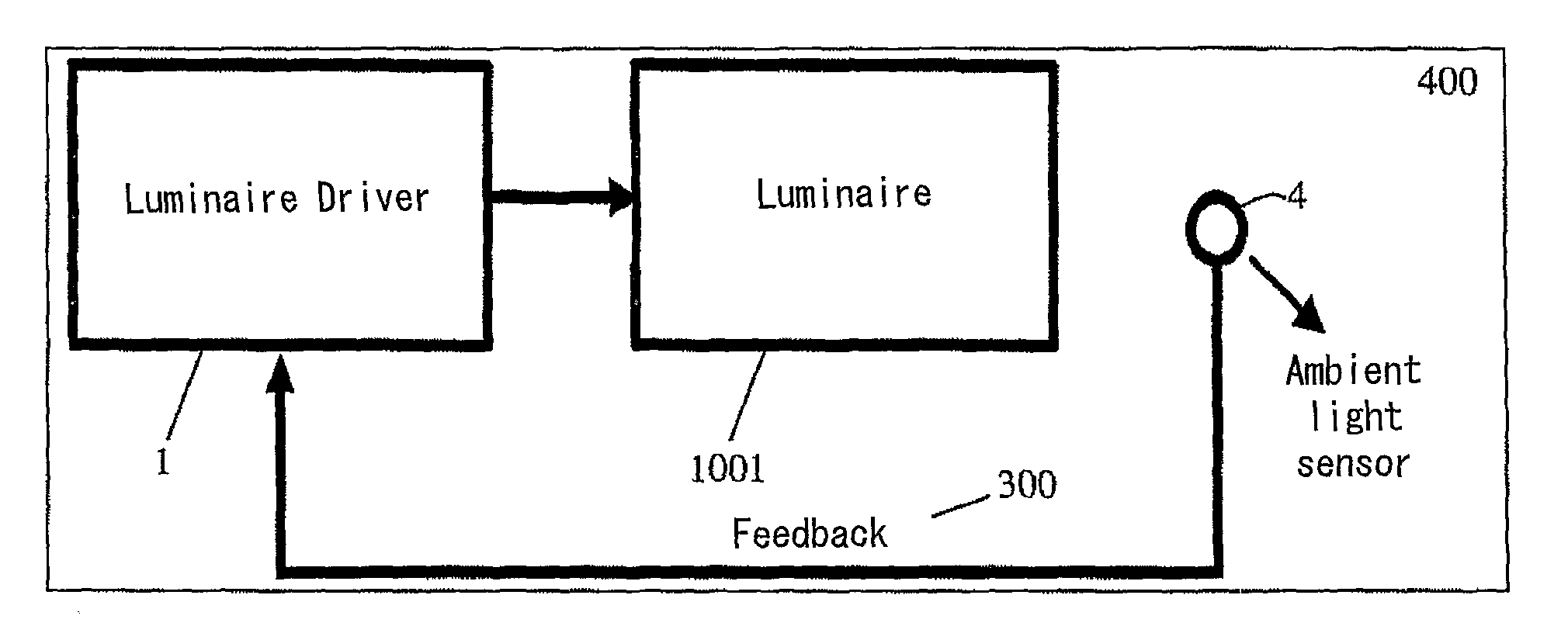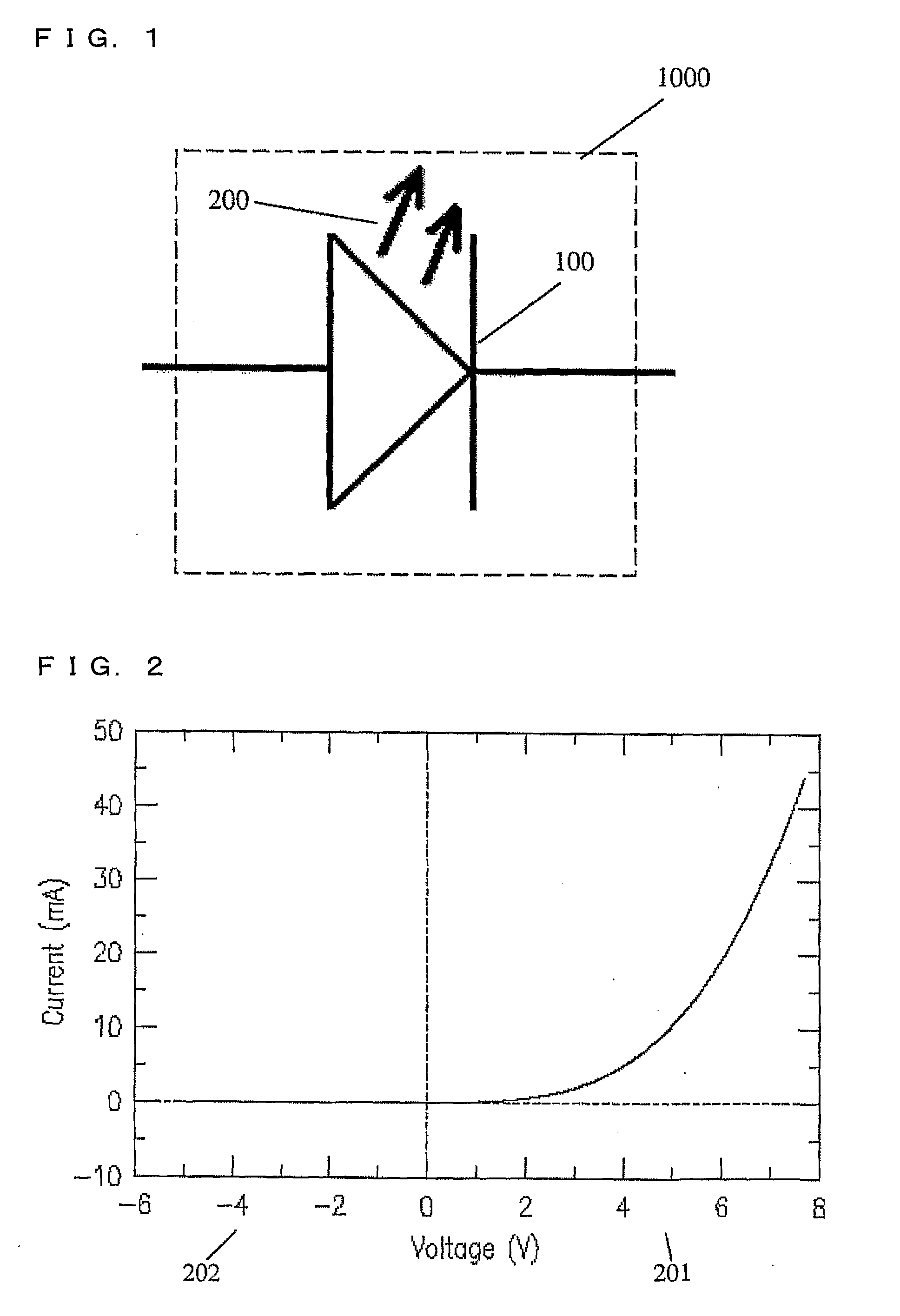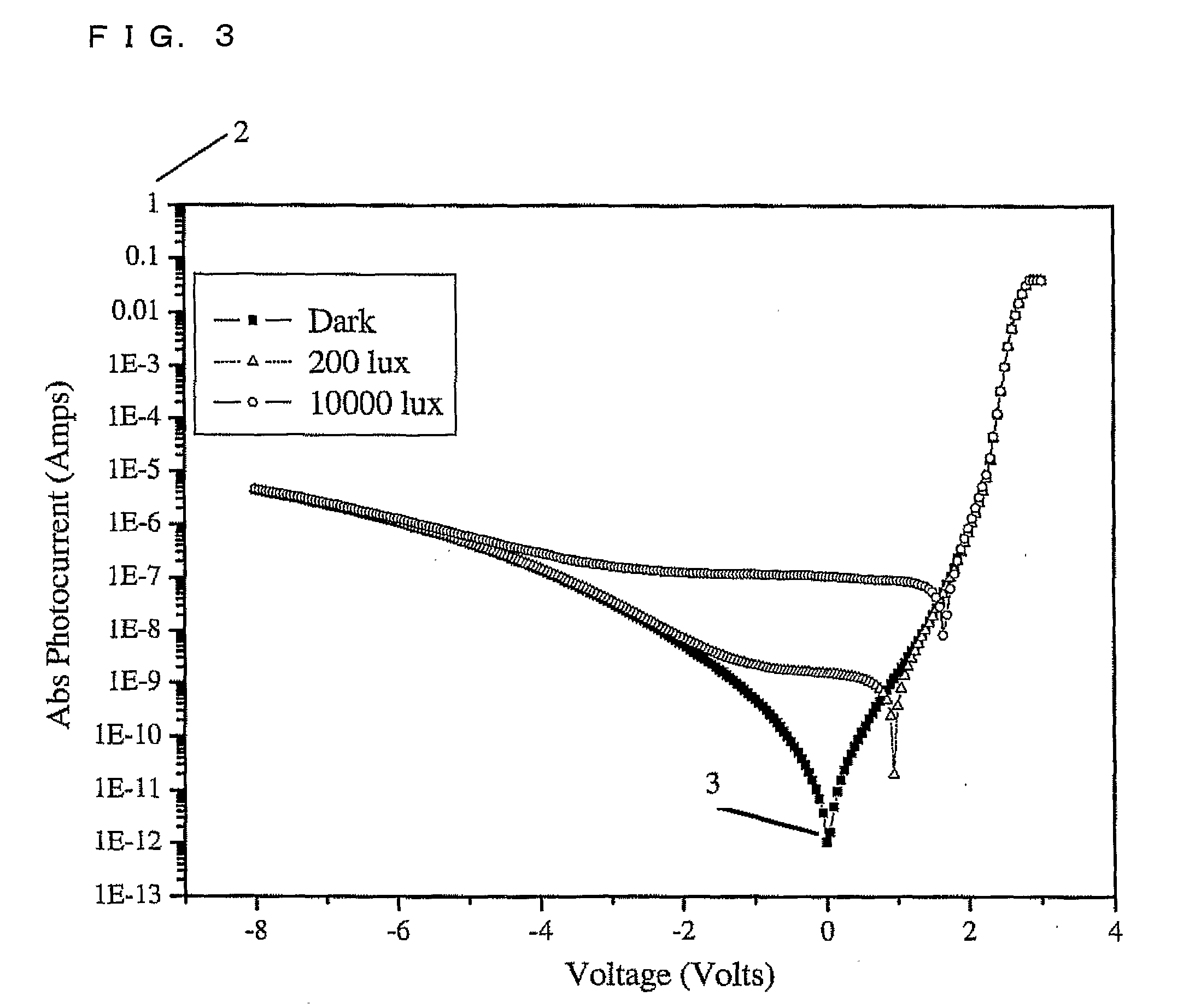Solid state illumination system
a lighting system and solid state technology, applied in the direction of optical radiation measurement, instruments, spectrometry/spectrophotometry/monochromators, etc., can solve the problems of inability to extend the control of the lcd, circuits with limited applications, and inability to achieve energy saving and energy saving. , to achieve the effect of reducing unnecessary power consumption
- Summary
- Abstract
- Description
- Claims
- Application Information
AI Technical Summary
Benefits of technology
Problems solved by technology
Method used
Image
Examples
first embodiment
[0073]FIG. 11 shows a block schematic diagram of an illumination system according to the invention. In this embodiment an illumination system which automatically adjusts its output emission according to the changes in the ambient light levels is disclosed. Here the illumination system consists of a light-emitting portion 10 comprising two or more light sources, for example, two or more solid state light sources such as LEDs, which, according to the bias applied across the light source, act either as an emitter or as an ambient light sensor. (Embodiments of the invention will be described using LEDs as the light sources, but the invention is not limited to this.)
[0074]In FIG. 11, the light-emitting portion 10 of the illumination system is connectable to a detection circuit 13 by a first switch 11 or to a driving circuit 16 by a second switch 12. The first and second switches 11, 12 may be operated by a suitable control means (as described below with reference to FIG. 12). When switch...
second embodiment
[0091]FIG. 12 shows a schematic block diagram of the invention, in which multiple LEDs can be arranged to act as both light emitters and detectors, in the general manner shown in FIG. 5.
[0092]FIG. 12 shows three LEDs 101, 102, 103 one of each of the three primary colours (red, green and blue), but the embodiment is not limited to this. It would also be possible to use fewer than three colours or to use more than three colours. Moreover, although FIG. 12 shows one LED of each colour, multiple LEDs of each colour can be used, arranged in either parallel or series to provide a desired output intensity. (References herein to a “blue LED”, “green LED”, etc, are intended to cover the case of a plurality of identical blue (or green, etc) LEDs connected so as to provide a desired output intensity in addition to the case of a single LED.) In a case where multiple LEDs of one colour are arranged in series, the bias voltages V1 and V2 are adjusted according to the number of LEDs in series.
[009...
PUM
 Login to View More
Login to View More Abstract
Description
Claims
Application Information
 Login to View More
Login to View More - R&D
- Intellectual Property
- Life Sciences
- Materials
- Tech Scout
- Unparalleled Data Quality
- Higher Quality Content
- 60% Fewer Hallucinations
Browse by: Latest US Patents, China's latest patents, Technical Efficacy Thesaurus, Application Domain, Technology Topic, Popular Technical Reports.
© 2025 PatSnap. All rights reserved.Legal|Privacy policy|Modern Slavery Act Transparency Statement|Sitemap|About US| Contact US: help@patsnap.com



